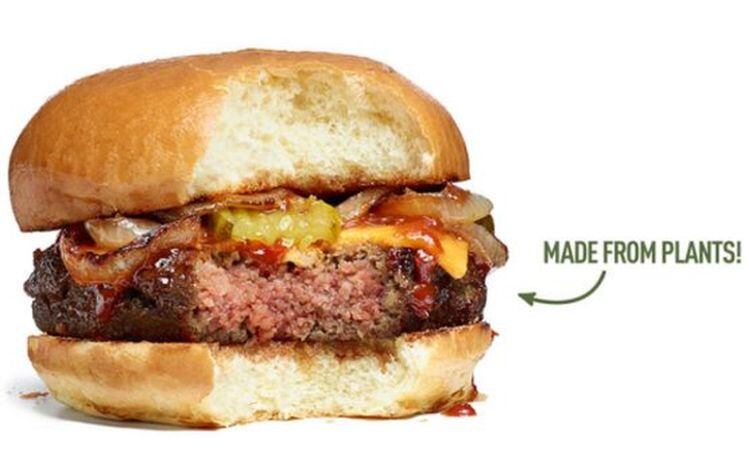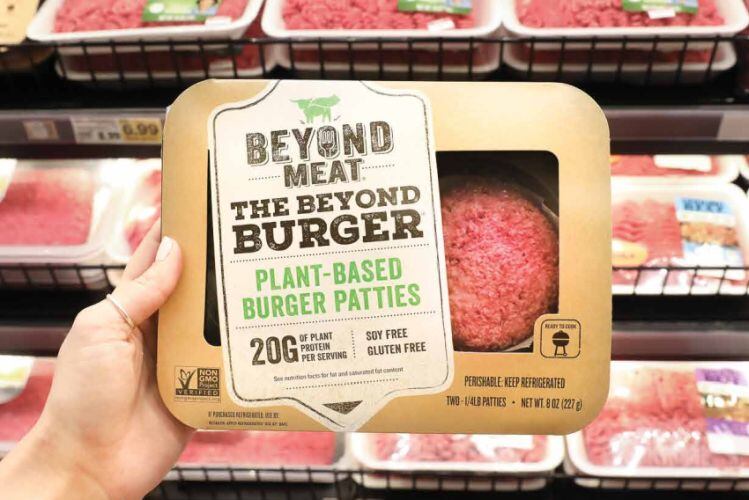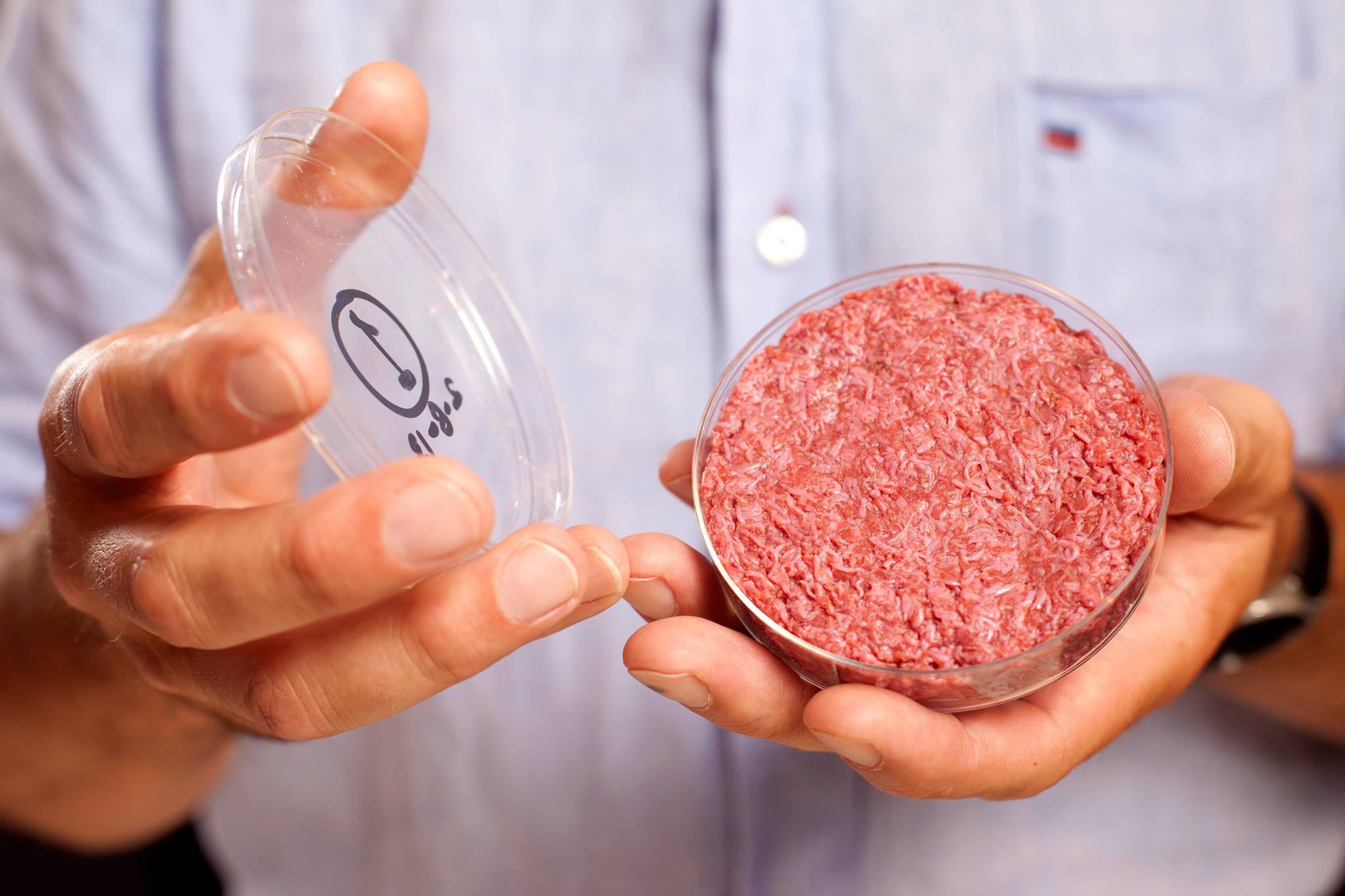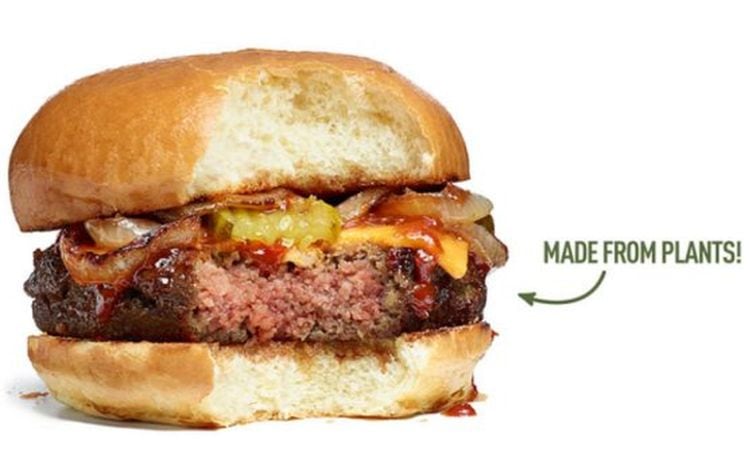Impossible Foods received a letter from the FDA last summer confirming the agency had no additional questions to challenge the company’s determination that soy leghemoglobin (a protein that carries the iron-containing molecule ‘heme’) - which it says "makes meat taste uniquely like meat" – is generally recognized as safe (GRAS).
However, the FDA also noted that soy leghemoglobin could be considered a color additive in some potential future applications, prompting Impossible Foods to file a color additive petition with the FDA on November 5, 2018.
While color additive petitions can take years to process, this one has been dealt with unusually rapidly - presumably as the FDA had already reviewed safety data from the earlier GRAS notification – with the agency concluding “that there is a reasonable certainty of no harm from this use of soy leghemoglobin as a color additive.”
Upon publication of the final rule in the Federal Register, the color additive petition process allows for a 30-day period to file objections by any person adversely affected, said the FDA. “Should no objections be raised, the direct-to-consumer sale of uncooked, red-colored ground beef analogue products containing soy leghemoglobin will be allowed.”

A protein found in nodules attached to the roots of nitrogen-fixing plants such as soy that is similar to myoglobin and hemoglobin (which make blood look red), leghemoglobin is what "makes meat taste uniquely like meat," according to Impossible Foods, which produces it via a genetically engineered yeast – the DNA of which has been retooled to produce leghemoglobin.
The yeast feeds on sugar from plants and produces leghemoglobin with a fraction of the environment footprint of field-grown soy (the final product contains no live yeast).
Heme and the competition
Asked about the competitive edge heme provides the company, given that there are now other firms claiming to be able to produce it (Triton Algae Innovations claims it can make a Non-GMO heme from algae, for example), CFO David Lee told FoodNavigator-USA in May:
“Our IP and our brand are unique differentiators… I’m not an IP attorney, but I do know that our globally issued patents cover the use of heme, any heme, in plant-based meat and I think we have a unique set of technology to make heme in a high quality low cost way. I can’t comment on others and their approaches, but I do think that this precludes others from an IP standpoint from using heme to make delicious meat.”
‘We’ll start seeing new capacity every week’
OSI will start producing the Impossible Burger in August, adding short-term capacity to Impossible Foods’ plant in Oakland, and will continue to expand production throughout 2019 and beyond, said Impossible Foods’ SVP of product and operations, Sheetal Shah, who noted that the weekly production rate at Oakland had tripled since March to meet unprecedented demand.
“We conducted an exhaustive due diligence process to determine how to scale our manufacturing, both in the short term and over the next several years, and we were thoroughly impressed with OSI’s commitment to quality and responsiveness. OSI [which operates 65 facilities in 17 countries ] has already installed equipment to make the Impossible Burger, and we’ll start seeing new capacity every week.”
“Today the FDA has approved Impossible Foods’ color additive petition for the use of soy leghemoglobin in alternative, non-animal protein sources, like vegetable burgers. After a thorough review of available scientific information, the FDA has concluded that this use is safe. This action will allow the use of soy leghemoglobin in uncooked beef analogue products sold directly to consumers, such as in food retail settings.”
Dennis Keefe, Ph.D., director of the Office of Food Additive Safety in the FDA’s Center for Food Safety and Applied Nutrition
“We’ve been engaging with the FDA for half a decade to ensure that we are completely compliant with all food-safety regulations—for the Impossible Burger and for future products and sales channels.”
Dana Wagner, chief legal officer, Impossible Foods




